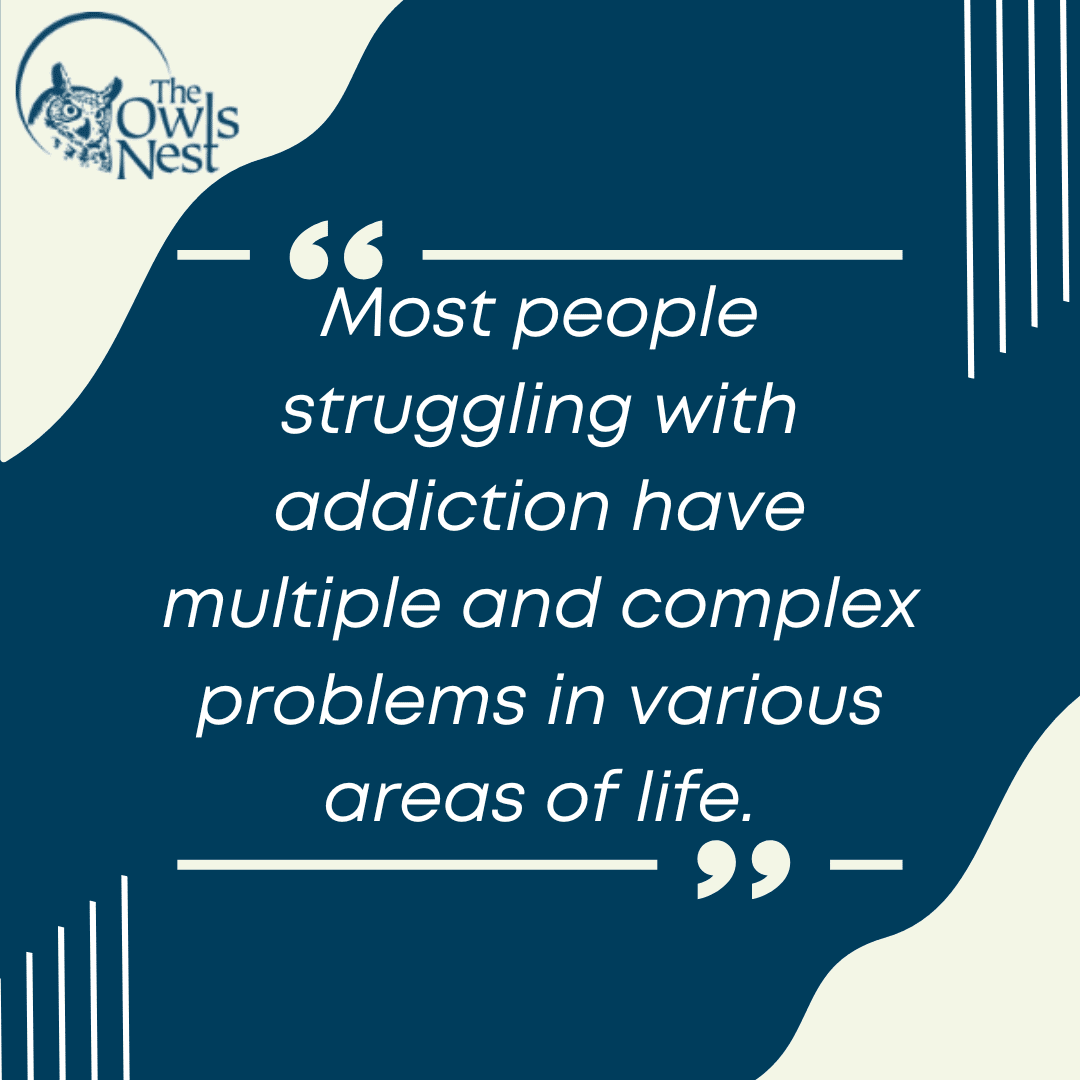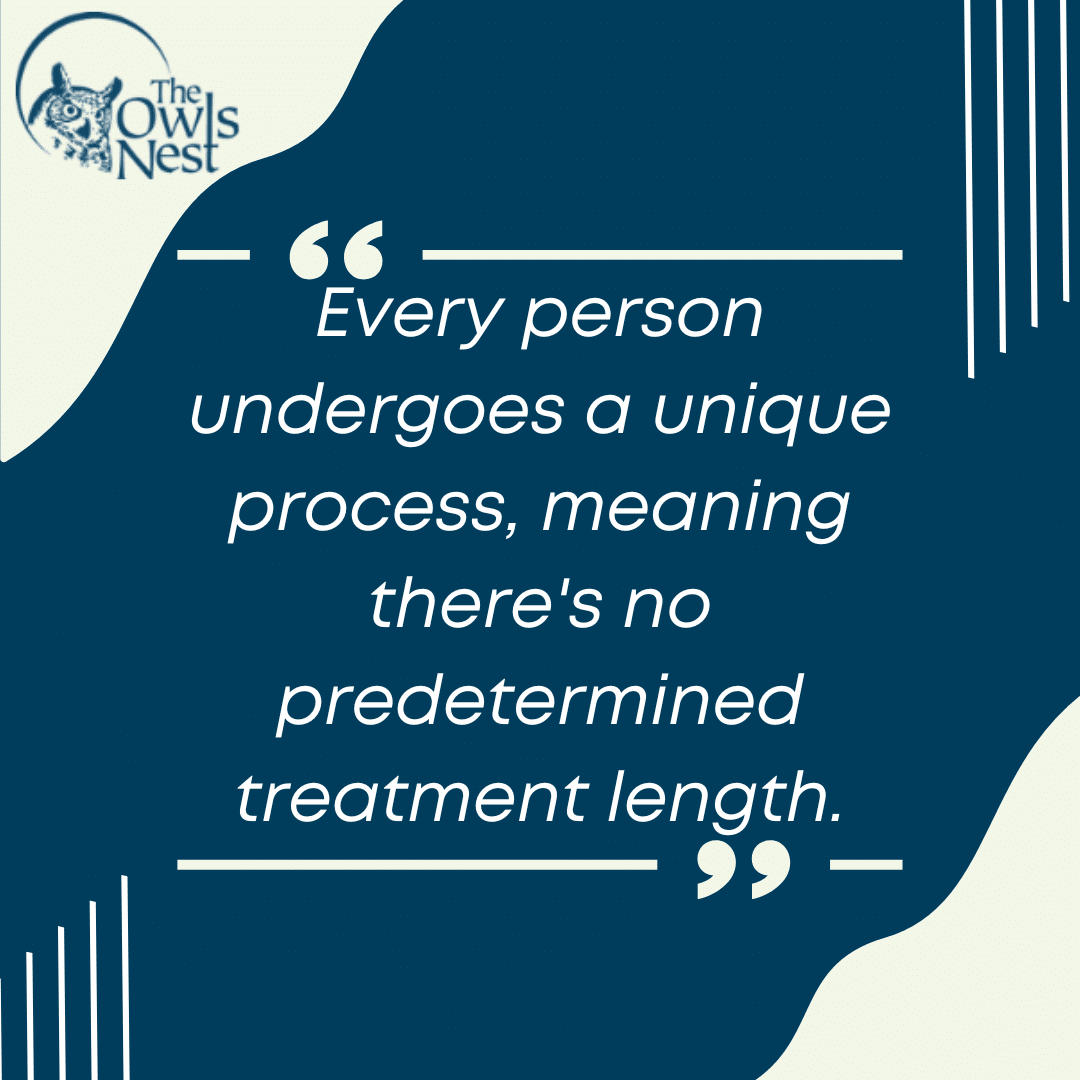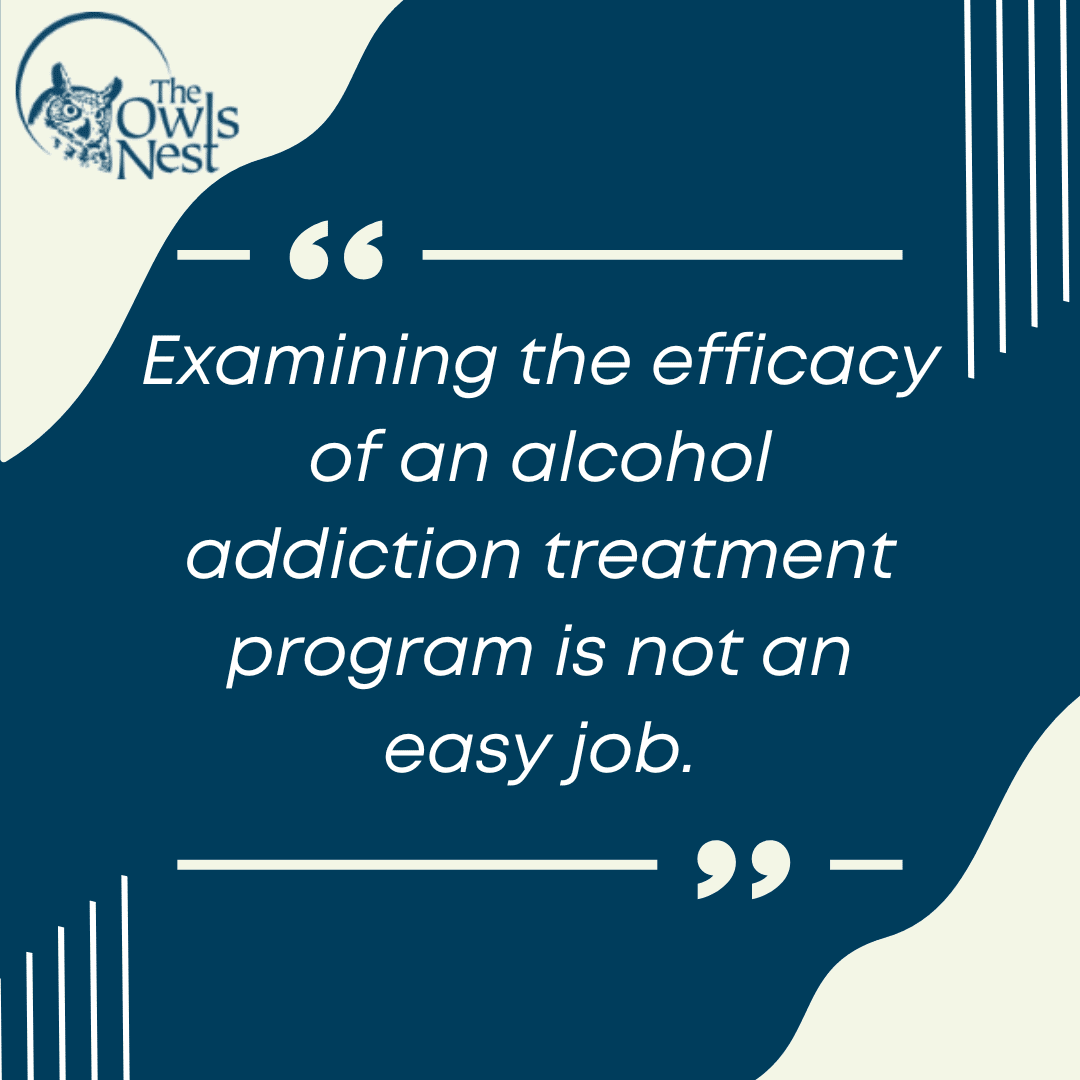Most people struggling with addiction have multiple and complex problems in various areas of life. They may have co-occurring medical and mental illnesses, relationship issues, deteriorated social and vocational skills, impaired performance in work or studies, and legal or financial difficulties.
These circumstances either contribute to the initial development of their alcohol use or result from the disorder itself. To alleviate their suffering and help them re-integrate as productive members of society, they must undergo treatment programs.
Alcohol treatment programs have no one-size-fits-all approach. They take different forms and have varying duration depending on the patient’s condition and recovery needs.
Many factors are considered when deciding the appropriate level of care for a person. These include the severity of symptoms, history of violence and trauma, past and present mental health disorders, risks related to severe withdrawal and self-harm, and other environmental factors. Ultimately, healthcare providers focus on finding a program tailored to individual needs.

To better understand what the treatment entails, we have compiled a list of the common questions people ask and their answers.
6 FAQs About Alcohol Treatment Programs
When Should I Enter Alcohol Treatment Near Me?
Alcohol-related problems are one of the country’s most significant public health issues. The national survey shows more than 14 million adults ages 18 and up have alcohol use disorder (AUD).
According to the National Institute of Alcohol Abuse and Alcoholism, you are a heavy drinker if you consume seven drinks per day for women or more than 14 drinks per week for men.
If you can’t control alcohol use despite the negative consequences you’re experiencing, it is advisable to ask for help.
What Are The Alcohol Treatment Programs Available?
The main goal of alcohol treatment is to provide clients with sustainable recovery. Here are some of the common approaches you may encounter when seeking therapy.
Alcohol Detox. After a period of chronic or heavy alcohol use, the individual must undergo alcohol detox. Detoxification safely manages withdrawal that can create uncomfortable physical and psychological symptoms. It is the first step towards recovery and is performed in anticipation of additional treatment.
Inpatient Alcohol Treatment. It is a form of residential rehab requiring you to live in the facility during treatment. This program provides 24/7 supervision and care. It incorporates a wide range of evidence-based and holistic therapies to strengthen your foundation for recovery. Inpatient programs can be short-term or long-term, lasting from a few weeks to months.

Outpatient Alcohol Treatment. What to expect in an outpatient rehab? First, you can continue living at home while receiving treatment in a facility. This setup allows you to attend therapy while fulfilling other responsibilities, like school or work.
Outpatient treatment programs offer two different levels of care – partial hospitalization and intensive outpatient. The former has five to six hours of treatment per day, lasting six days, while the latter has three to five hours of therapy daily for three to five days a week.
Online Alcohol Treatment. Online therapy delivers alcohol treatment in the comfort of your home through virtual means. It uses telemedicine services to provide accessible and convenient care at a cheaper cost. Therapy sessions are conducted through HIPAA-compliant portals. They may include online group therapy, mindfulness sessions, and one-on-one psychotherapy.
Medications. The Food and Drug Administration permits three medications to treat alcohol use disorder. Naltrexone, acamprosate, and disulfiram aim to lessen one’s cravings and consumption of alcohol.
Mutual Help Groups. Participants of mutual help organizations support each other in recovering or maintaining sobriety from alcohol or drug dependence. The most popular example of this is Alcoholics Anonymous which follows 12 spiritual principles of recovery.

What is the Usual Length of Treatment?
Every person undergoes a unique process, meaning there’s no predetermined treatment length. However, research shows that the longer treatment you have, the better the outcomes will be.
Generally, alcohol treatment typically involves 30, 60, and 90-day programs depending on the severity of the condition.
Treatment dropout is one of the most serious issues that treatment programs face. Improving motivational techniques can keep clients engaged and lead to better results.
What is Alcohol Poisoning Treatment?
Alcohol poisoning occurs if an individual has consumed a poisonous amount of alcohol over a short time. Its common symptoms include confusion, unresponsiveness, disorientedness, shallow breathing, and loss of consciousness.
Consistent heavy drinking or unintentional drinking of alcohol-containing household products can lead to severe alcohol intoxication. Seeking alcohol poisoning treatment is vital to reverse the effects of an overdose. Some medications that act as antidotes to alcohol poisoning are metadoxine and fomepizole.

What Pharmacological Treatment Acts in Brain Pathways Related to Alcohol Abuse?
Alcohol dependency treatment doesn’t always involve medications, but there are instances when it does. Many drugs are used to treat the problems caused by quitting alcohol. Some medicines can stop you from craving a drink, while others can address the side effects of quitting. Some help your body recuperate after years of abuse.
Patients who need pharmacological treatment may be prescribed benzodiazepines (e.g., diazepam, lorazepam, and midazolam). They are usually given to patients to treat withdrawal symptoms.
Benzodiazepines enhance the neurotransmitter gamma-aminobutyric acid (GABA) in the brain. It slows down nerve impulses throughout the entire body and drastically reduces the brain’s output of other neurotransmitters, putting you in a relaxed state. It reduces the severity of the alcohol withdrawal syndrome and the risk of withdrawal seizures.
However, because of the potential for benzodiazepine abuse and the risk of overdose, treatment professionals must carefully monitor it.
Does Alcohol Treatment Work?
Examining the efficacy of an alcohol addiction treatment program is not an easy job, as many variables can affect an individual’s recovery. But the good news is that regardless of the severity of the problem, most people with AUD find some relief from therapy.
Studies show that about one-third of people who underwent treatment for alcohol problems did not exhibit further symptoms one year later. Other patients could also reduce their drinking and report fewer alcohol-related issues.

Get Alcohol Treatment From The Owl’s Nest
We understand that seeking help for alcohol use disorder can be overwhelming. That’s why we’ve put together this post to shed light on treatment programs and what they entail. We hope that after reading this, you are more encouraged to take the next step toward recovery.
The Owl’s Nest offers high-quality care to help you live a healthier, sober lifestyle. Let us heal your body, mind, and soul with our treatment programs. Contact us today to learn more.

Comments